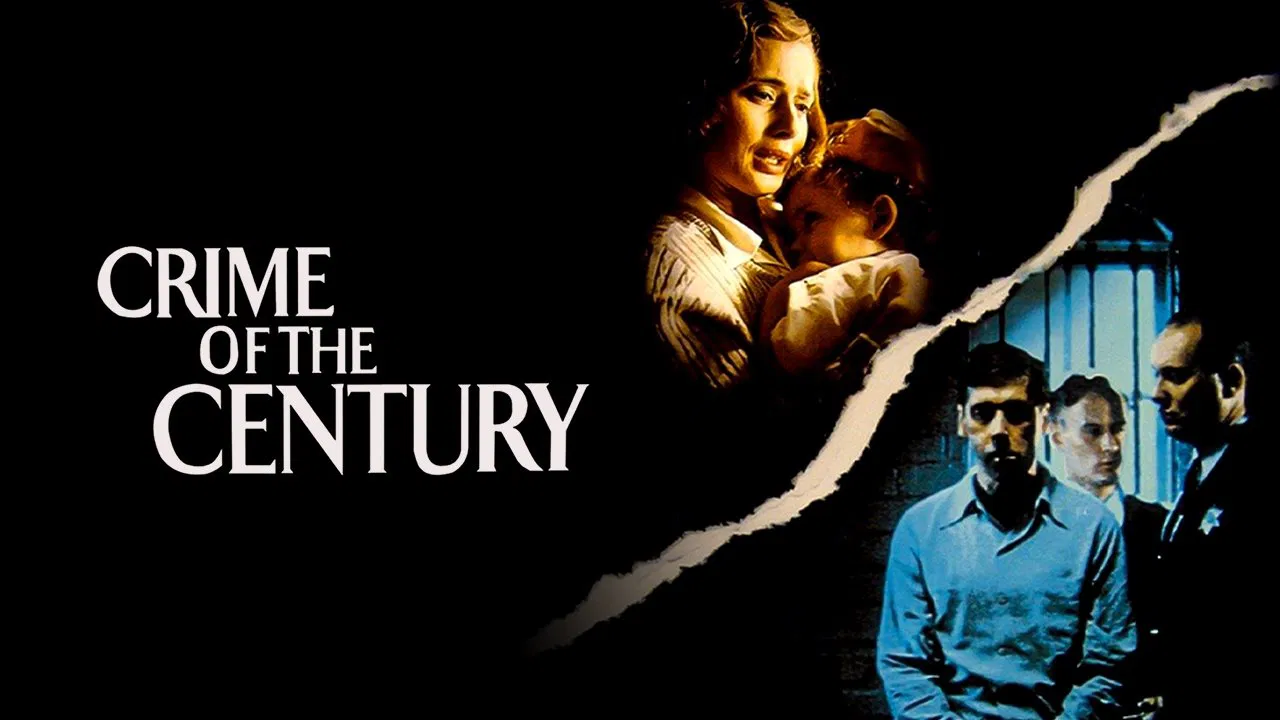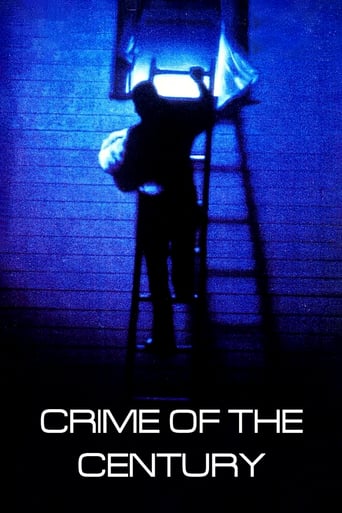Spidersecu
Don't Believe the Hype
Huievest
Instead, you get a movie that's enjoyable enough, but leaves you feeling like it could have been much, much more.
TaryBiggBall
It was OK. I don't see why everyone loves it so much. It wasn't very smart or deep or well-directed.
Helloturia
I have absolutely never seen anything like this movie before. You have to see this movie.
sergelamarche
Pas trop mauvais. Bonne re-création de l'histoire de l'enlèvement du bébé de Lindberg et de faire payer un innocent pour le crime. Le crime du siècle est en fait l'histoire du mec qu'on voulait coupable. Les vrais coupables ne sont pas inquiétés, évidemment. On est aux États-Unis!
ian
Be very careful about accepting anything this film tells you. It's based on Ludovic Kennedy's book which is equally untrustworthy. The accusations against the police and state troopers made me really angry.One of the most blatant distortions is when we see a cop looking over Hauptmann's shoulder and demanding that he misspell certain words, with Hautmann saying, "That's not the right spelling. I know how to spell." What the audience isn't told is that the police had found Hauptmann's notebooks and other of his writings, unconnected with the case and some dating from years earlier, in which he uses the exact same misspellings of certain words as in the ransom note.The ransom money, the fact that Hauptmann had been out of work for ages yet, just days after the kidnapping, suddenly started spending big money on luxury items, the piece of wood from the ladder which matched exactly the gap in Hauptmann's floorboard, the marks of his tools on the ladder, the fact that he'd burgled a house in Germany using a home-made ladder, all the evidence against him is completely damning.But of course the public love nothing better than a good conspiracy theory and there are always sensational authors on hand to supply them, however absurd they may be. As one of the most knowledgeable websites on the case puts it:"Today, the Lindbergh phenomena is a giant hoax perpetrated by people who are taking advantage of an uninformed and cynical public. Notwithstanding all of the books, TV programs, and legal suits, Hauptmann is as guilty today as he was in 1932 when he kidnapped and killed the son of Mr. and Mrs. Charles Lindbergh."This is a terrible movie. Don't believe a single word of it.
dtucker86
This is a great film. Stephen Rea and Isabella Rosellini are wonderful as Hauptmann and his wife. There was a tv film made about the Lindbergh case in 1976 that was very simplistic and accepted the case against Hauptmann at face value. This film, like Ludovic Kennedy's excellent book, dare to be different. As they say in the film, the case against Hauptmann smells like a cesspool. All of the evidence against him was either manufactured or misrepresented. There is no doubt this man was sent to his death because of a diabolical frame up. They do an excellent job of showing it point by point. Hauptmann was beaten by the police. There were only two witnesses at the trial who placed him anywhere near Lindbergh's house. One of them was an old man who was legally blind and the other was a man with a criminal record and a reputation as a pathological liar. Hauptmann's lawyer was an alcoholic who told several people he wanted him executed! Lindbergh claimed he could identify Hauptmann's voice and yet he had only heard the kidnapper say two words over two and a half years earlier. Doctor John Condon who gave the ransom to the kidnapper, testified at the trial it was Hauptmann and yet he failed to identify Hauptmann when he first saw him in a police lineup and then said he was NOT the man he saw. There was evidence the police doctored and forged handwriting samples from Hauptmann to make them appear like the writing on the ransom notes. There have been many experts who said Hauptmann DIDNT write the notes. One key piece of evidence at the trial was a board taken from Hauptmanns closet that had Condon's phone number written on it. I saw an interview once with a member of the jury who said this was the evidence that convinced her the most Hauptmann was guilty. Yet, there was a reporter for a tabloid newspaper who admitted HE had written it in the closet. He said he didn't think anyone would take it seriously because the closet had already been searched. Hauptmann was found with some of the ransom money hidden in his garage. He claimed a man named Fisch had given him the money and then gone back to Germany and died. The newspapers called this "The Fish Story". There is overwhelming evidence there really was a man by this name and he was a known mobster who might have been the real culprit behind the kidnapping. This is a film that should be seen because it tells of a time when justice erred and an innocent man paid with his life.
Sean Gallagher
Call me a bleeding-heart liberal, but I guess I'm a sucker for movies about people who are wrongly accused. This movie, however, failed to move me, even though I've read books on the subject and the case itself moves me. Rydell and Nicholson do a good job setting up the circumstances that led Hauptmann to become a suspect, and to even arouse suspicions in us, but the dialogue and individual scenes fall completely flat, because they're obvious and heavy-handed. To make matters worse, some of the actors, like David Paymer and Allen Garfield, seem to have been told they were in an over-acting contest. Walsh is good, as is the ever dependable Moriarty, but Rea seems lacking as Hauptmann.


